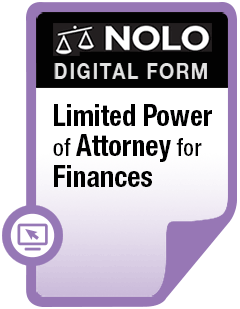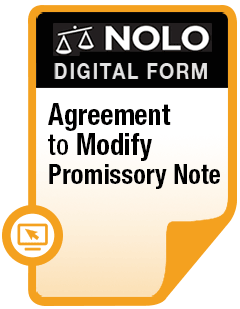What rights do you have if your photo was posted online without your permission?
You can stop a website's use of your image for several reasons, such as invasion of privacy, violation of the right of publicity, copyright infringement, violations of federal criminal law, or defamation. In addition, biometric privacy laws and nonconsensual intimate imagery statutes can provide legal protections.
Federal Take It Down Act
The federal Take It Down Act was signed into law on May 19, 2025. This law creates the first comprehensive federal criminal penalties (up to two or three years imprisonment, depending on the violation) for sharing or threatening to publish nonconsensual intimate images or AI-generated deep fakes that are intended to cause harm. It also requires online platforms to implement a request-and-removal system where victims can have their photos taken down within 48 hours. Stricter standards apply to images involving minors under age 18. The law's criminal prohibition took effect immediately, while covered platforms have one year (until May 19, 2026) to establish the required notice-and-removal process. The law is likely to face court challenges, especially on First Amendment (free speech) grounds.
Copyright Infringement
Copyright law can provide protections against unauthorized photo use. The photographer gets exclusive rights to the image. Using someone's copyrighted photograph without permission constitutes copyright infringement. However, some unauthorized uses may be allowed under the fair use doctrine.
Invasion of Privacy
Invasion of privacy can occur if you are portrayed falsely and in a highly offensive manner. For example, your photo was posted at an America's Most Wanted type of website, and you aren't wanted by the law.
Your privacy might also be invaded if the photo was taken by someone who intruded on you in a situation in which you had a reasonable expectation of privacy—for example, in your own home. It isn't an invasion of privacy to photograph someone in a public place or at any event where the public is invited.
There are several different privacy torts that might apply to unauthorized photo use.
Biometric Privacy Violations
Many states have biometric privacy laws that could apply to unauthorized photo use, especially if facial recognition technology is involved. These laws often require consent before using facial recognition on photos.
Right of Publicity
Another reason to stop the use is known as the right of publicity. This occurs if your image is used for commercial purposes, such as to sell products or to imply that you endorse a product. If the photo is used in a commercial website (that is, one sponsored by a business or that sells products or services), the unauthorized use of your image would probably violate your right of publicity. The public must be able to identify you in the photograph.
Right of Publicity protections vary significantly by state. Some states have stronger protections than others.
Nonconsensual Intimate Imagery
All states have laws criminalizing the nonconsensual sharing of intimate images, commonly known as "revenge porn" laws. Many states also provide civil remedies that allow victims to sue for damages.
Defamation
You can also stop the website use of a photo if it defames you—that is, it creates a false impression and injures your reputation. For example, it would be defamatory to doctor a photo to make it seem as if you were shoplifting. The fact that an unmodified photo is unflattering isn't enough to claim defamation. The photo must falsely portray you and must cause people in the community to think less of you. Public figures face higher legal standards.
Talk to a Lawyer
Need a lawyer? Start here.
How it Works
- Briefly tell us about your case
- Provide your contact information
- Choose attorneys to contact you
- Briefly tell us about your case
- Provide your contact information
- Choose attorneys to contact you



